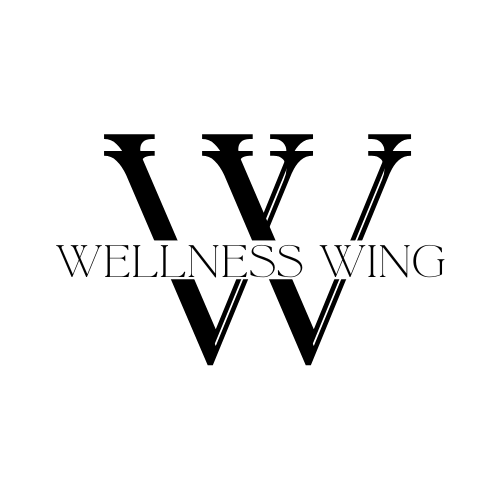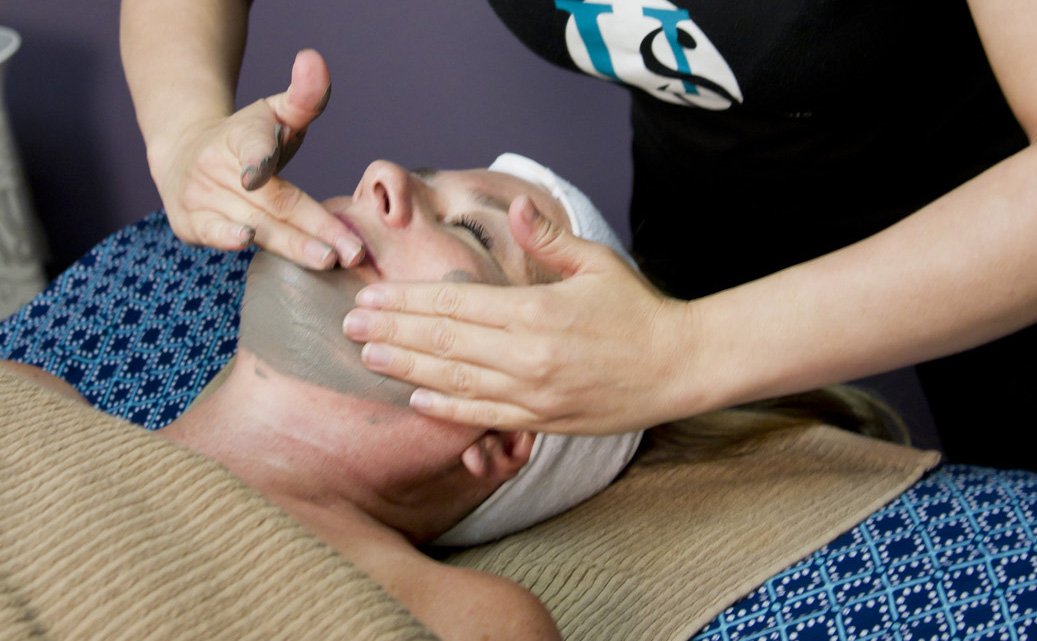Acne is the most common skin condition in the United States. If you have acne and are an adult, you are not alone! Around 50 million Americans deal with acne every year. 50% of adult women and 25% of adult men suffer from acne. Sadly, acne cannot be cured, but it can be effectively treated.
There are several factors that can lead to people developing acne, including overactive oil glands, genetics, hormones, menstruation, stress, depression, medications, and foods with a high glycemic index. Stress is often the main culprit in adult acne. It turns on inflammatory pathways, which results in breakouts. When treating this issue, it is important to maintain regular cleansing habits. Here are a few other tips to assist in managing adult acne:
- Change your diet. Poor diet choices and food sensitivities may be the cause of adult acne rather than hormonal imbalances. The clue is in the type of spot you have: fine red pimples or whiteheads on the face, neck and chest are usually caused by food reactions; large pimples and cysts are generally hormonal.
- Steam your face. Steaming opens pores, removes blockages and promotes detoxification. Half-fill a bowl with boiled, filtered water, then add 2–3 drops of an essential oil (chamomile, lavender, tea-tree) mixed into a teaspoon of carrier oil. Place your face over the bowl and cover your head with a towel so the steam doesn’t escape. Steam for five minutes. Follow with gentle exfoliation and a cleansing clay mask. Repeat 2–3 times a week.
- Use anti-bacterial cleansers regularly. These can topically help to heal your acne.
- Don’t over-wash your skin. Acne is rarely caused by dirty skin. Alkaline soaps, foaming cleansers and hot water can dry out your skin, triggering your sebaceous glands to produce more oil. Use a gentle, non-foaming pH-balanced cleanser morning and night.
- Consider a detox. Your skin is often the first place to show when the liver is congested, as wastes and toxins are pushed out through the skin. A detox can help spring-clean your liver and elimination organs and significantly improve your skin. While you may get breakouts during a cleanse, this usually subsides once toxins have been flushed out.
- Manage stress. Research has identified that stress can instigate acne flare-ups. Managing stress to lower and control cortisol (the stress hormone) can help treat acne. Massages have been proven to lower cortisol levels and as a result, lower stress. In addition to keeping your skin clean and properly moisturized, reducing stress through massage can help reduce acne breakouts.
Acne at any age is distressing, but adult acne can be particularly hard to treat—especially for women. While there is no cure for acne, it can be effectively treated. In addition to following the tips above, see your doctor who can help determine the cause of your breakouts and help you devise a treatment plan.

